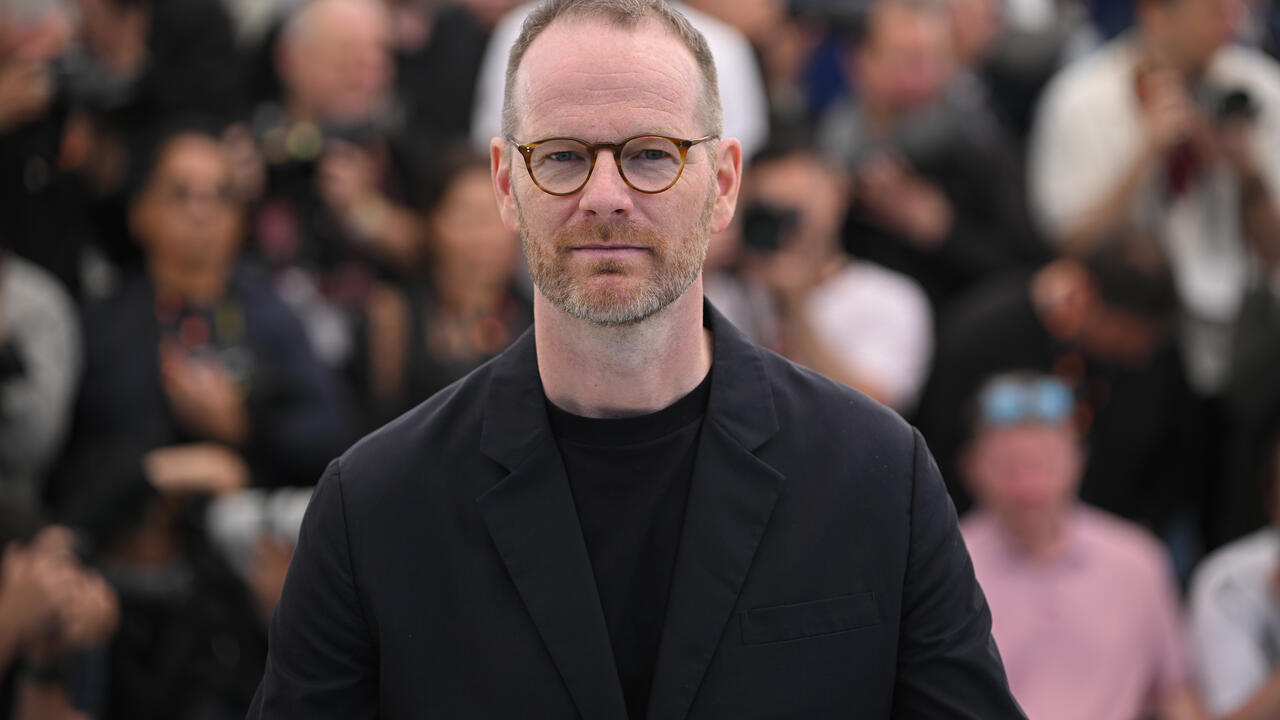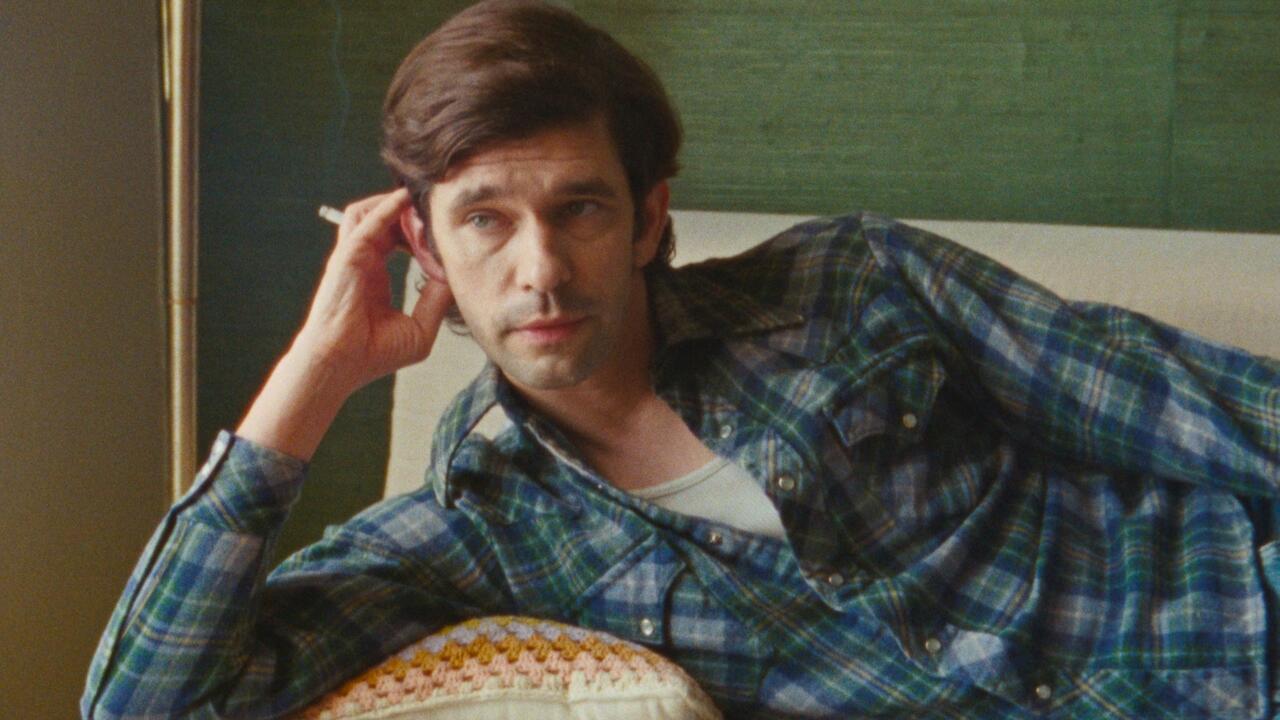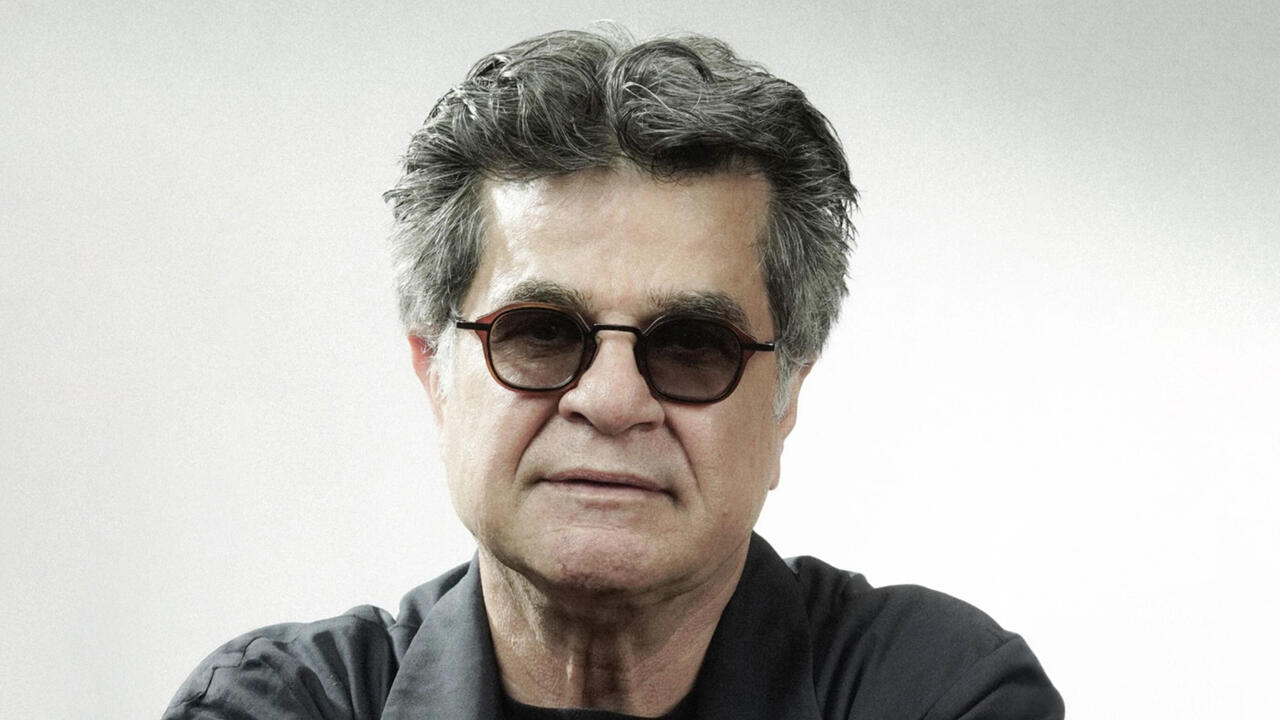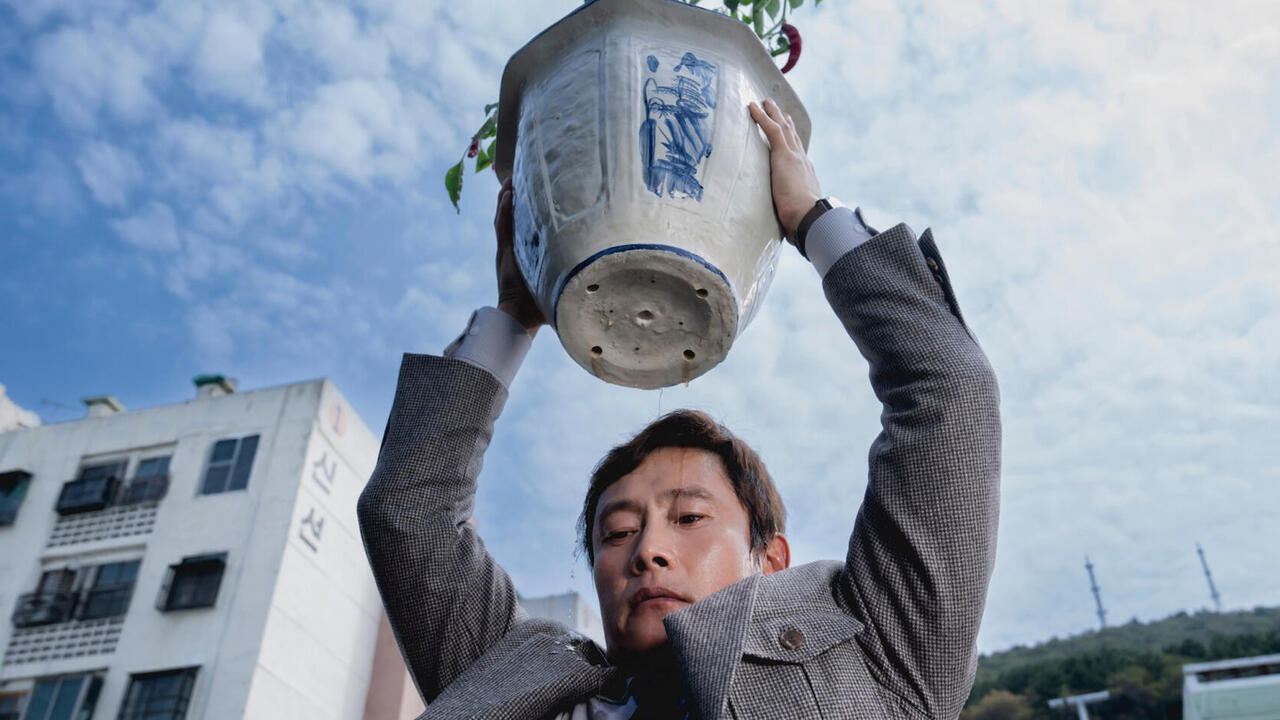Pedro Almodóvar Reckons With Spanish Historical Memory
In Parallel Mothers (2021), the director delves further into the difficulties of Spain's political past
In Parallel Mothers (2021), the director delves further into the difficulties of Spain's political past

'No history is mute. No matter how much they own it, break it and lie about it, human history refuses to shut its mouth': the postscript to Pedro Almodóvar’s new film is in one sense tonally out of sync with much of what transpires over the preceding two hours – for long stretches, it's one of his trademark psychological melodramas. However, Parallel Mothers also represents a point of departure for Almodóvar as a writer-director, in that it sees him deal directly with historical memory in Spain, rather than simply communicating the legacy of Francoism via subtext, as he has done in so many of his previous films.
The bulk of cinematic time in Parallel Mothers is spent following the evolving relationship of middle-aged Janis (Penélope Cruz) and teenage Ana (Milena Smit) after their chance encounter at a Madrid maternity unit, where the pair’s shared experiences and mutual support prompt them to exchange mobile numbers. The fraught, messy narrative that ensues – carried along by a surprisingly breezy atmosphere, in places, plus the support of some of Almodóvar's regular collaborators (including Rossy de Palma and a late-arriving cameo from Carmen Maura) – can feel like Almodóvar by numbers for much of the film.

Politics lingers at the periphery of many Almodóvar films, rarely being insisted upon or announcing itself in overt terms. Yet, in Parallel Mothers, politics directly enters the frame in the very first scene. Having been her photographic subject in the film’s opening credits, anthropologist Arturo is approached by Janis after the magazine shoot concerning what she believes to be a shallow unmarked grave on the outskirts of her rural hometown. Arturo explains that the conservative government of Mariano Rajoy (former prime minister of Spain) has slashed funding for investigations and other work carried out by bodies set up after the passing of Spain's Historical Memory Law in 2007 (legislation that granted rights to the victims and descendants of victims of the Spanish Civil War). But, after hearing the details of the brutal Falangist killings that created this burial site (an oral account passed down by Janis's grandmother has been painstakingly pieced together by the photographer), Arturo agrees to work on an investigation.
Little is then said of the burial site and its eventual excavation for the majority of the rest of the film as this subplot recedes further into the background while a soap-opera-esque mix-up of two babies takes centre stage. Whenever Arturo reappears or is brought back into the action (often through flashback or a spur-of-the-moment phone call), it is not only to serve as a reminder of the slowly-developing investigation but also as a means of anticipating the unexpected swerve that the film takes for its final 20 minutes. A haunting final sequence in which we are made to confront the excavated burial site - watching as the dig gradually uncovers painful details, including evidence that victims’ hands were tied with barbed wire – effectively wrests the audience out of the ‘forgetting’ enacted beforehand by the relationship between the film’s two plotlines. This is where Parallel Mothers draws its real power, and how it sets itself apart from much of Almodóvar's recent work.

Although it marks a definite tonal shift, Parallel Mothers is not Almodóvar’s first involvement in a cinematic project that tackles the thorny subject of Spain's collective historical memory. He was an executive producer of the multi-award-winning 2018 documentary, The Silence of Others, which explored how the country’s 1970s political amnesty has forced victims of Franco-era crimes to seek justice in international courts. The citizen-led struggle that Parallel Mothers depicts – taken on increasingly, as is the case with Janis, by generations with no first-hand memory of the dictatorship – is one that continues on into the present day. Spain’s Left-leaning coalition government is currently seeking parliamentary approval for a new Democratic Memory Law that would lend more institutional support to these revisionist efforts, outlaw public exaltation of Franco and look to resignify the Valley of the Fallen, the site where the dictator's remains were buried until they were exhumed in 2019.
This right to recovery of ancestors and loved ones is the right to 'know where you are now', Janis indignantly tells Ana in the film’s final third, thus beginning its uneasy denouement, in which some form of resolution between the personal and the political is found. Ana’s appeal in response – one which parrots a stock line of her father’s and, also, of Spain’s political Right on the legacy of the country’s dictatorship years – is to 'Look to the future, otherwise you’ll just open old wounds.' But until all the bodies lying unidentified in undignified resting places are recovered (according to some estimates, such people total more than 100,000), Janis adds, 'The war hasn’t ended.'
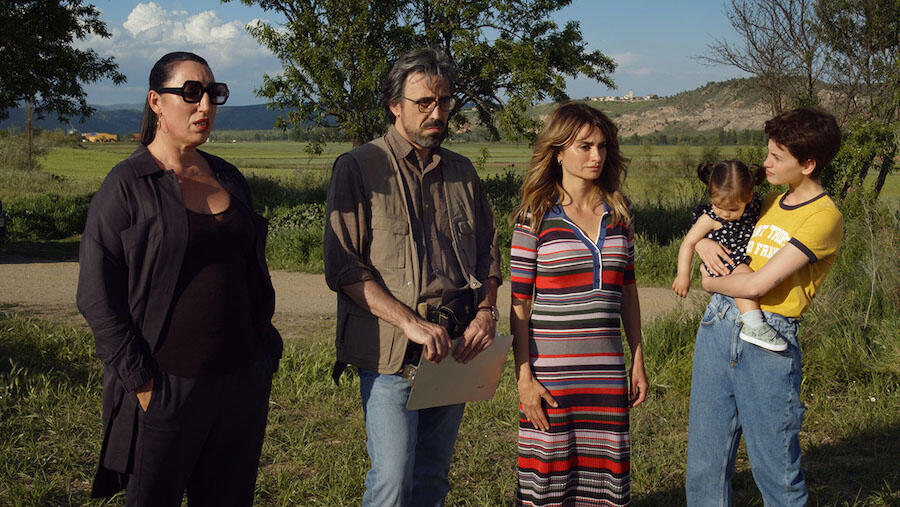
Almodóvar has recently been trenchant on the need for Spain to meaningfully address this dark chapter in its history. Earlier this year, an interviewer from The Observer suggested that Parallel Mothers was likely to represent the ultimate expression of what Almodóvar has to say about the subject in artistic terms. But the film-maker's recent interactions with the Spanish press, including an interview with online newspaper El Diaro, have highlighted that the Civil War and what followed (besides the wider social and cultural task of remembering that is foregrounded by Parallel Mothers) remains an area in which Almodóvar believes there is substantially more work to be done. Here, perhaps, he drops a hint that what he has explored in this latest film may point towards a larger-canvas approach in future output.
Main image: Pedro Almodóvar, Parallel Mothers, 2021, film still. Courtesy: Sony Images


















